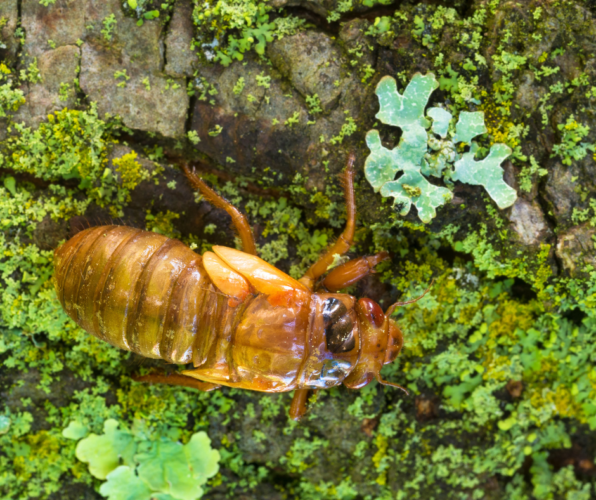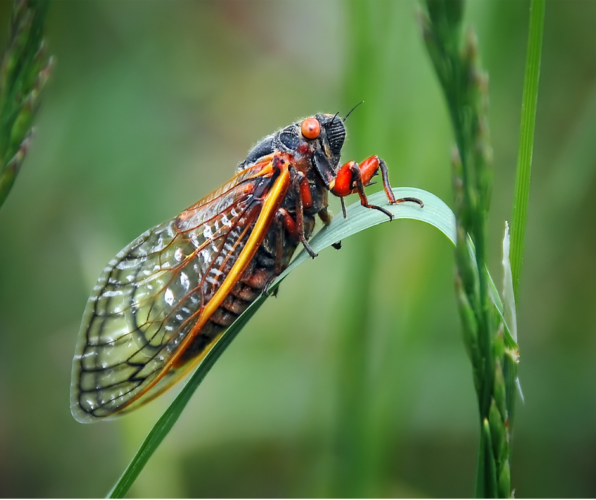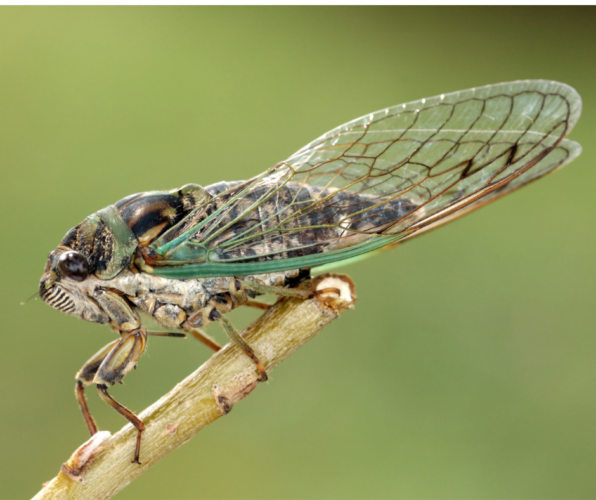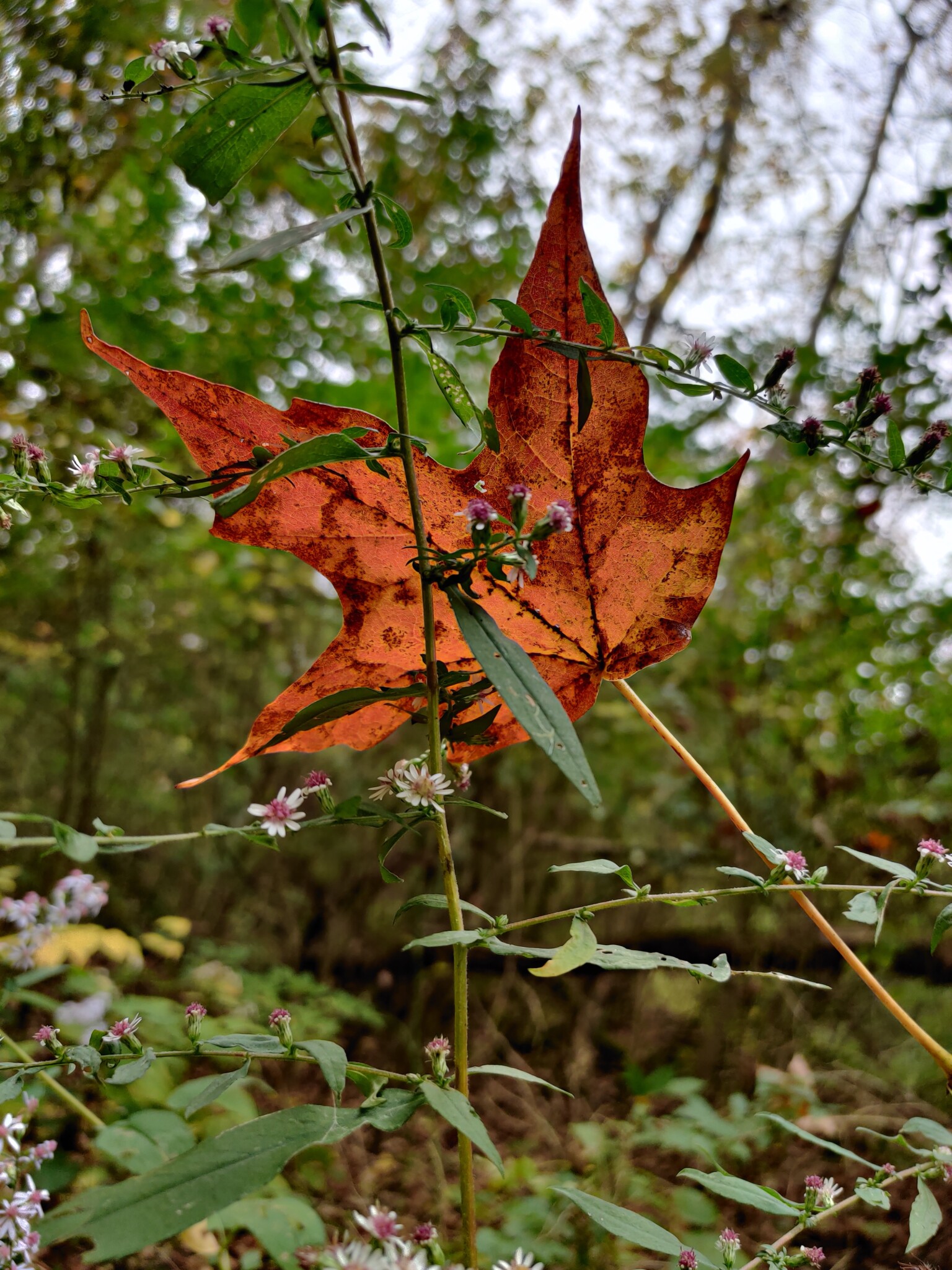Updated May 6th, 2021
Brood X buzz: What to expect from this year’s cicadas
Heads up! This article was last updated 3 years ago.
Emerging only once every 17 years, Brood X cicadas have many wondering what to expect in their yards and in MetroParks as the weather warms. Perhaps the most important thing to understand is that cicadas are harmless to humans and pets, they do not bite, and they are not poisonous.
What are cicadas?
While there are many different species of cicadas, you may be surprised to know their emergence is divided between periodical cicadas and annual “dog day” cicadas.
According to The Ohio State University Extension, periodical cicadas make an appearance in specific locations once every 13 to 17 years. Those in the southern states appear every 13 years, while cicadas in the north – including Ohio – emerge every 17 years. Brood X (17-year cicadas) will only emerge in 15 states, including many Midwest and Mid-Atlantic states.
Because of their large size, cicadas are often compared to locusts, but are more closely related to leafhoppers and spittlebugs.
Adult periodical cicadas are about 1.5 inches long with reddish-orange eyes and have clear wings with orange veins throughout.
How long do cicadas live above ground?

Periodical cicadas emerge as nymphs and resemble a white ant or beetle-like insect. They will then molt and emerge as an adult cicada. You may often find the leftover exoskeleton attached to a wooded structure, such as a tree or fence.
As adults, cicadas take to the trees to mate and lay eggs, which will most likely start happening at the beginning of May. This process typically takes two to four weeks, after which cicadas reach the end of their lifecycle.
The eggs the females have laid in tree branches will mature as nymphs and fall to the ground, where they will burrow 6-18 inches into the soil and feed on plant roots until they are ready to make a reappearance 13-17 years later.
What’s the buzz all about?
You can blame the boys for all that noise! That’s right, only male cicadas make that recognizable high-pitched droning sound to attract female cicadas. You may notice the magnitude of sound is louder with Brood X, as billions of cicadas are expected to emerge. The number of cicadas overwhelms predators, ensuring the continuation of their species.
Will cicadas destroy my yard and garden?

Cicadas cause damage to tree branches and roots. Cicadas will often leave scarring on trees where they lay their eggs, which can be temporary. Younger trees are at greater risk, so those who plan on planting trees should wait until the end of Brood X’s lifecycle (around the end of June) to plant young trees or use netting once trees are planted.
Property owners should also note that chemical sprays are generally not effective on cicadas and often do more harm than good. Native insects and wildlife contribute to the delicate balance of our local ecosystem and introducing chemicals can cause harm to pollinators and other animals.
Will I encounter cicadas in the parks or at home?
While there will be billions of cicadas emerging, you shouldn’t let this keep you from heading outside. While it is very possible you will see cicadas on your next outdoor adventure, they do not swarm and tend to be happy staying in the trees.
Toward the end of their lifecycle, you may see more and more cicadas on the ground. This is a good thing, as their bodies provide organic matter that enriches the soil after they are gone.
But wait, there’s more … cicadas:

Thought you were “out of the woods” this summer? Remember, annual or “dog day” cicadas emerge every year during the long summer days of July and August. So, if you’re wondering why you are still hearing cicadas well into the summer, you can trust those are our friendly annual cicadas in the trees. As opposed to the periodical cicadas, these “dog day” cicadas are larger, have pronounced eyes and green-brown bodies.
Get in on the fun:
The following citizen scientist projects are fun ways to get engaged and help scientists learn more about cicadas from your observations:
Did you find a cool cicada on your last MetroParks adventure? Tag us in your photos:
- Facebook: @fiveriversmetroparks
- Instagram: @metroparks
- Twitter: @metroparkstweet





